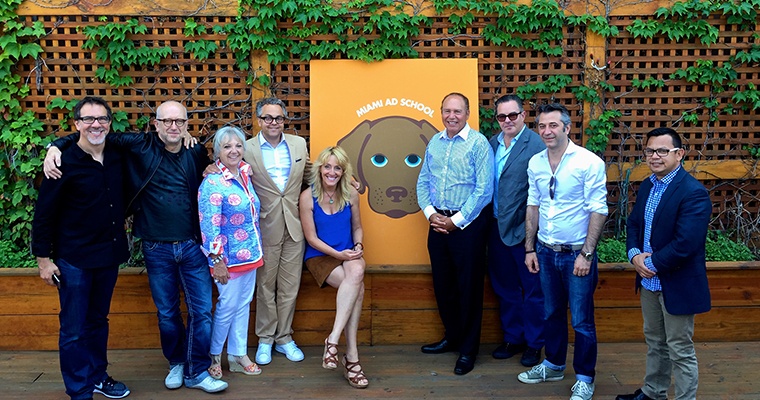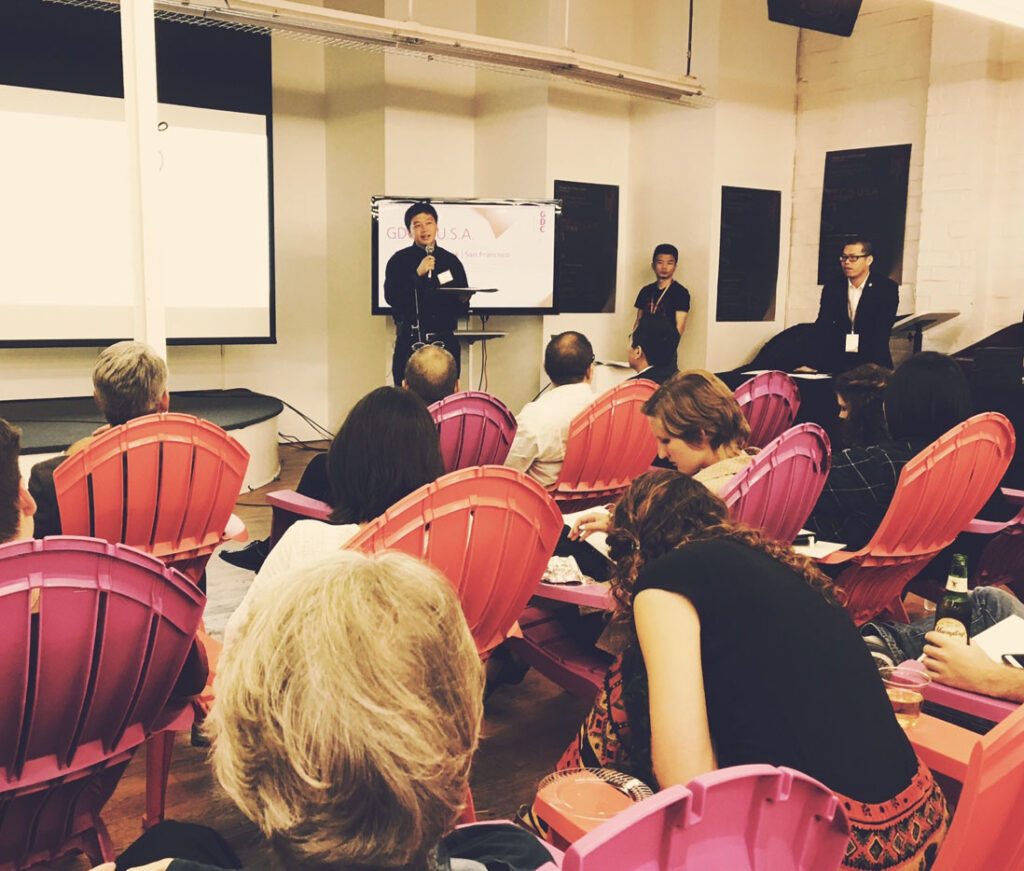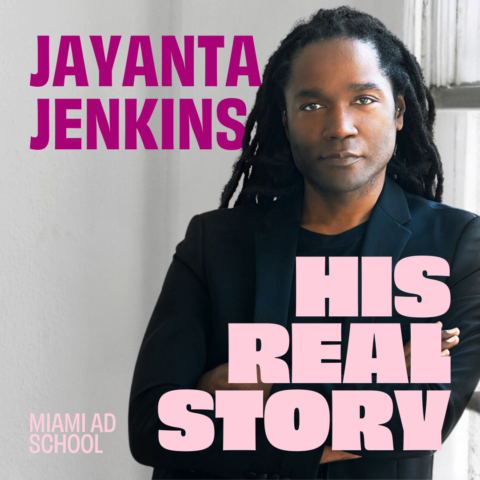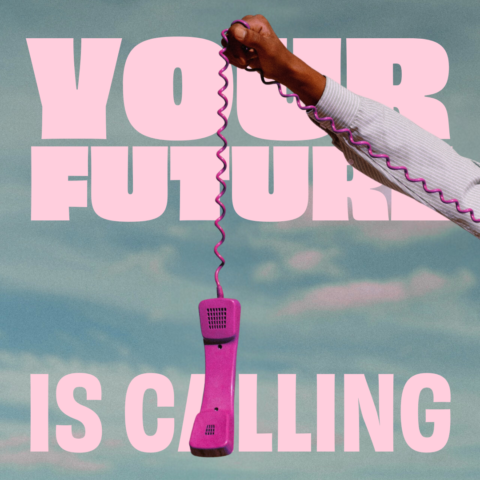Nike, Beats by Dre, Makerbot and Now Miami Ad School All Benefit From His Big Brain
Barry Wacksman, Global Chief Strategy Officer at R/GA, is now Chairman of the Board at Miami Ad School

Board Members at Miami Ad School's new location in New York. Barry Wacksman (far left), Lee Daley, Bonnie Lunt, Paul Woolmington, Pippa Seichrist, Rick Kurnit, Luis Miguel Messianu, Dominico Vitale, Henry Mairena (Not pictured: Ron Seichrist, Khai Meng Tham, Michael Conrad, Ian Rowden, Murray Gaylord, Alex Bunch, Bernadette Murray)
"The world is changing fast. Education and training are the best ways to keep up."
Pippa: Congratulations on R/GA being named 2015 Cannes Lion Agency of the Year. You're busy on extraordinary projects for Nike, Beats by Dre, Samsung, Google and McCormick. Why did you say YES to the role of Chairman of the Board at Miami Ad School? It's a lot of work!
Barry: Quite frankly, there isn’t enough quality professional training in this business. Even more importantly, there are very few examples of programs that teach people to be creative in ANY industry, much less in marketing and advertising. I want to make my contribution in this area and I believe that Miami Ad School is a critical part of the educational ecosystem for agencies. There's nothing else quite like it in the world, which is why the placement rate for grads is close to 100% – yet more proof that there aren’t enough quality programs to fill the needs of agencies for young talent.
Pippa: In five years when you look back at your time as chairman, what do you think will have been your biggest contribution?
Barry: Doubling the number of students and pushing into new areas for professionals. There is a tremendous opportunity to bring ongoing training to folks already well on the way in their careers. The world is changing fast. Education and training are the best ways to keep up.
Pippa: What does Miami Ad School do best?
Barry: It teaches people how to think creatively, which is exactly what most colleges and universities DON’T do. Instead, we are taught how to memorize facts and perhaps apply them. But, unless you studied fine art, design or architecture, chances are you were not taught how to think creatively. And, that’s exactly what our business requires in order to be successful; people who know how to think and make and apply creativity to solving business problems.
What’s interesting is that the nature of creativity is changing. It used to be that agency pros believed that they were in the business of storytelling. And to this day, many of them still believe that – and brands often still require stories. But, many marketing challenges nowadays are solved with creative uses of code, in the building of systems and platforms and technology. These types of solutions do not tell a story necessarily, but become a part of our everyday life and create a new kind of connection that wasn’t possible for brands to have in the past. Again, there are few places teaching people these new creative skills. Miami Ad School will continue to evolve and adapt to a broader range of creative skills that brands require going forward.
Pippa: What else can the school do to prepare people for careers in the industry?
Barry: At my agency R/GA, we think of the marketing world is divided into what we call Stories and Systems. The Story side of the agency business is what we are all familiar with: the creation of episodic campaigns, rooted in content, that tell stories about a brand to evoke an emotional response and predisposition to make purchases. The Systems side is an opportunity that emerged in the digital age for brands to create everyday technology that makes our lives better. Imagine tools like Nike+ or the various apps you may have on your smart phone that were created by a brand to new devices like Nest that revolve around an interconnected technology ecosystem. Our clients need both of these things, Stories AND Systems. The next generation of creative professionals will need to use both sides of the brand brain simultaneously, the left brand brain is for storytelling and the right brand brain for systematic thinking.
Pippa: The industry is evolving so quickly. What changes do you predict for business in the near future?
Barry: I wrote a book that was published in May by Wiley and Sons called Connected by Design that attempts to answer this very question. The book is about an emerging business model among Fortune 500 companies to create connected ecosystems of products and services, in the same way that Apple, Amazon, Nike and Google have done to date. And where the entire automotive industry is headed in the race to create the “connected car.” This change will require agencies to develop new skills that allow them to create Stories and Systems, in order to continue being growth partners with clients. It may take us down the path of developing consulting practices and innovation practices to go along with our existing communications practices. This is where R/GA is staking its future, as a blend of business transformation, product/service innovation and new ways of delivering communications.
Pippa: The school is called Miami Ad School but the most important thing we teach is how to come up with ideas for business. The solutions the students come up with for a brand might be an ad but it's more likely a useful new service or product or way of engaging or educating people. Should this industry be called "advertising"?
Barry: That’s a great question! I honestly don’t know, nor do I think it matters much. The most interesting companies in the world today can no longer be described with a single word or even a short phrase. What business is Apple in? It’s certainly not a “computer” company. Jobs shortened “Apple Computer Co.” to just “Apple” over a decade ago. I’m not even sure you can say that Apple is a technology company when they also happen to be the world’s largest retailer of music. I don’t think we’ll be able to define successful companies in the future with a single word. Instead, we will define them by their mission or purpose. In fact, I think this is a pretty good way to measure if a company is on a path for success right now. Can you describe it with a word (“it’s a car company” or “it’s a cosmetics company”), or does that single word no longer capture the breadth of what the company does?
At R/GA, we dropped the word “agency” from our description at the end of 2012. We used to call ourselves “the agency for the digital age,” but now we just say “R/GA: For the connected age,” which reflects our inability to peg the business to a single word. Our mission statement is “we create products, services and communications to help grow our clients’ businesses.” I think that’s about as short as we can go to describe what we do.
Pippa: We explain Miami Ad School with the line "Where the real world is your classroom." Our students graduate with the skills, experience and network of industry contacts needed to get their dream jobs. Maybe Dream Incubator is a better description of what we do!





